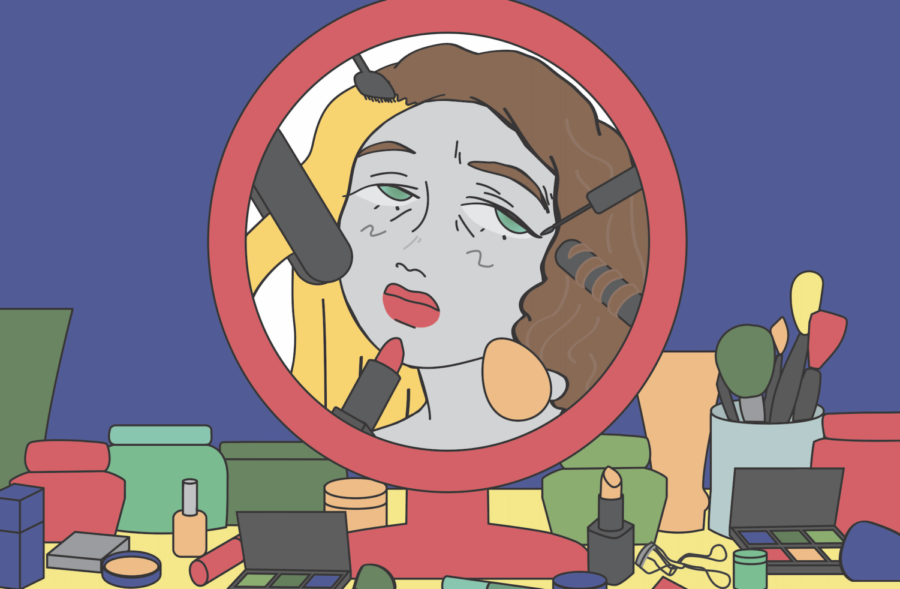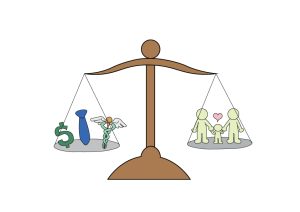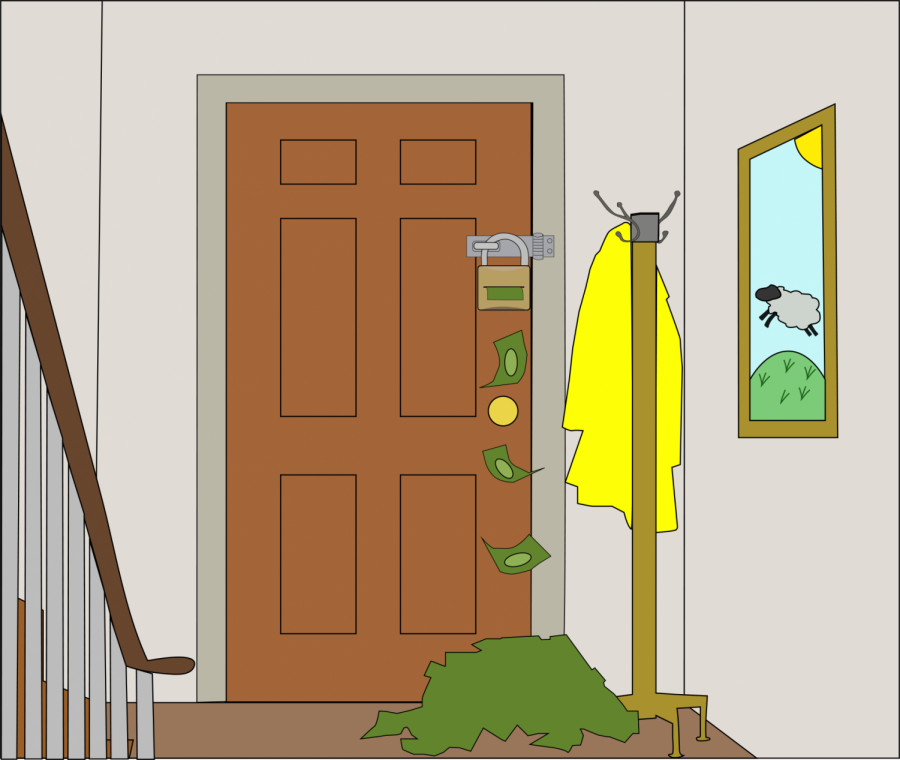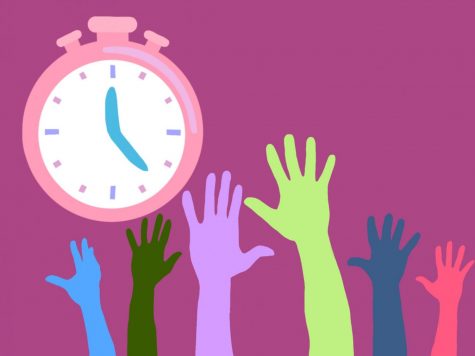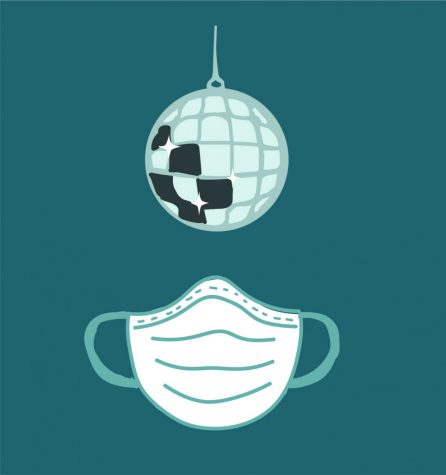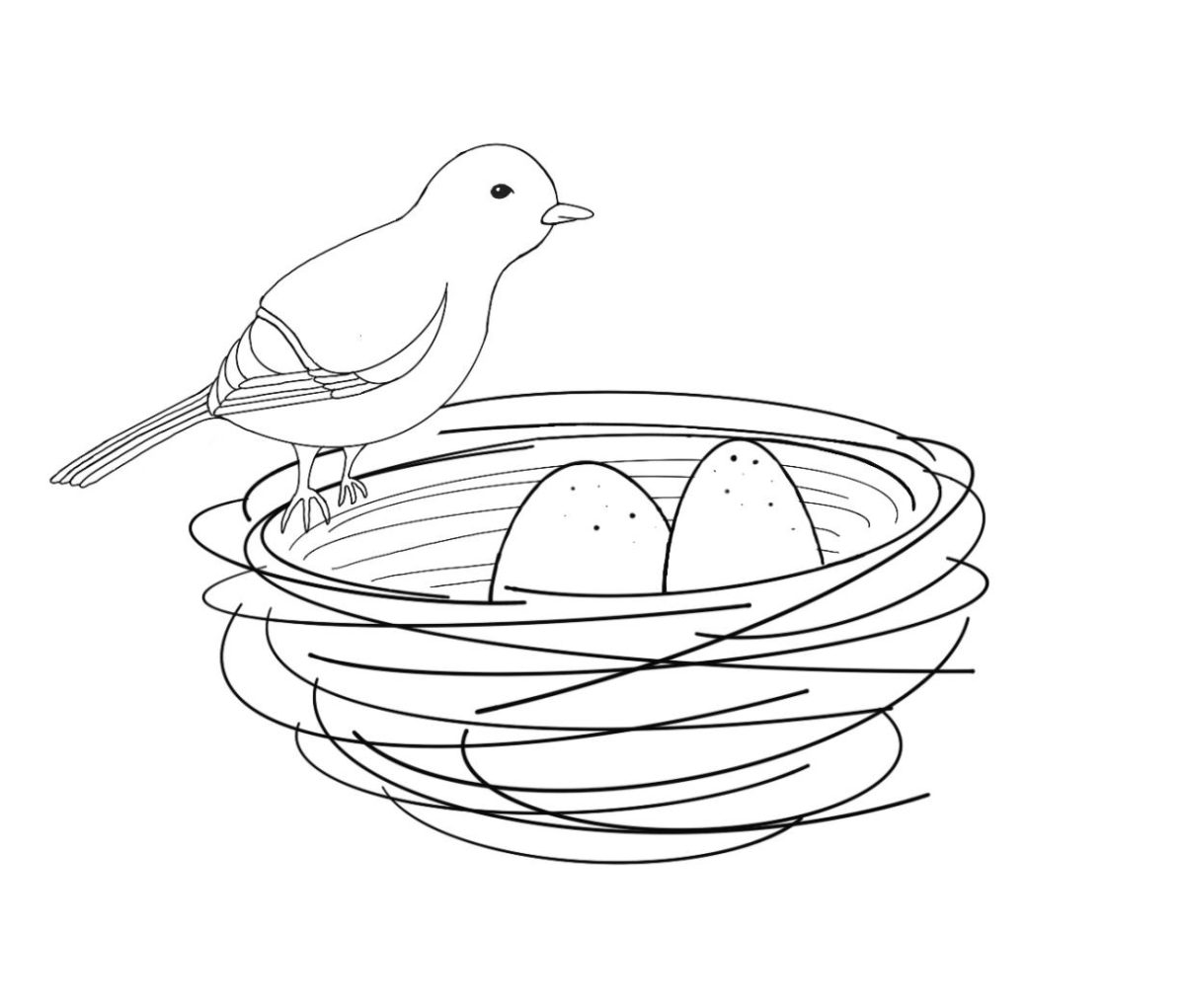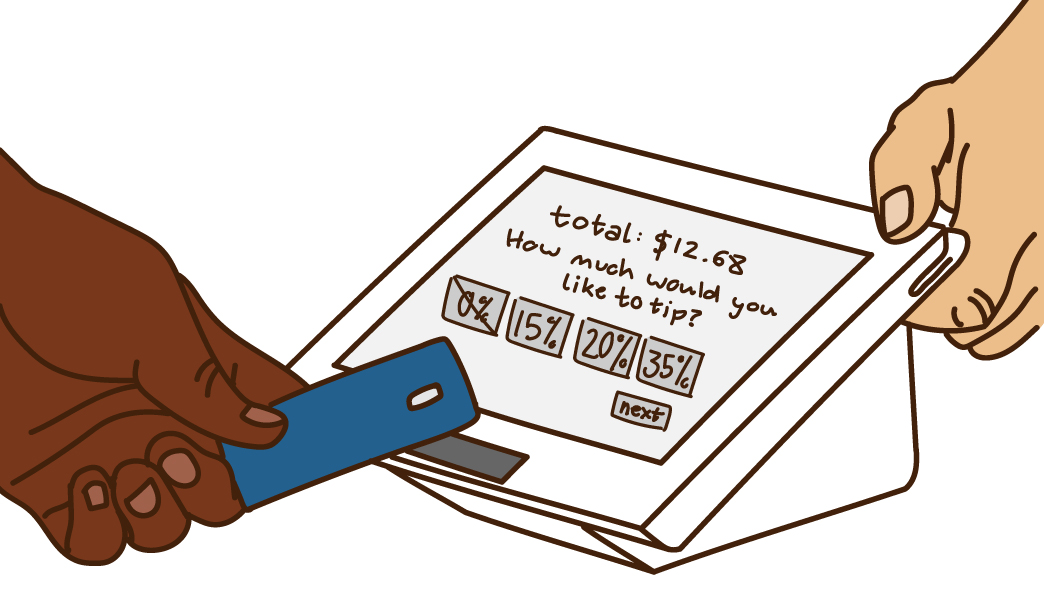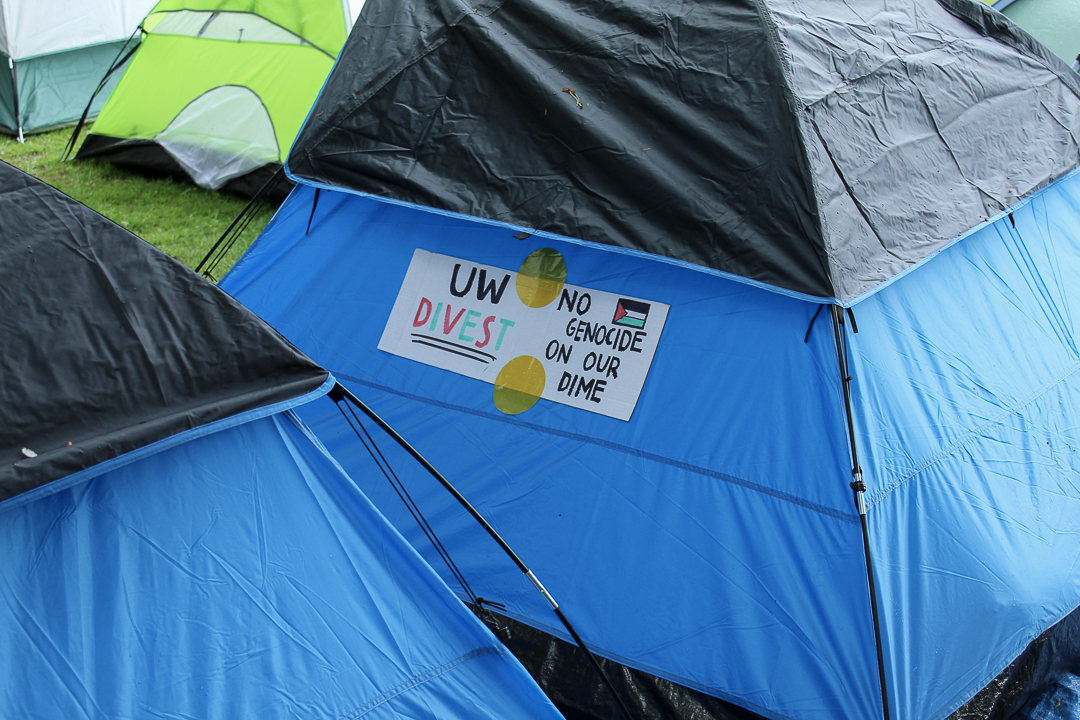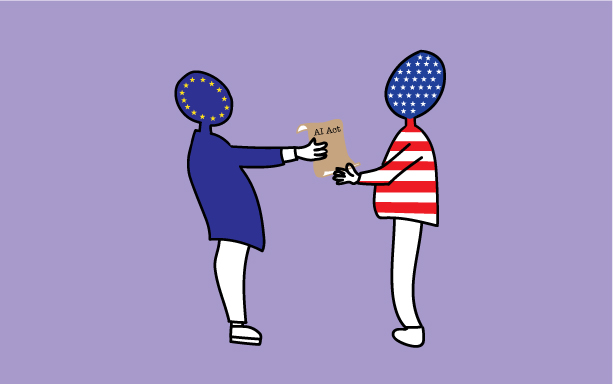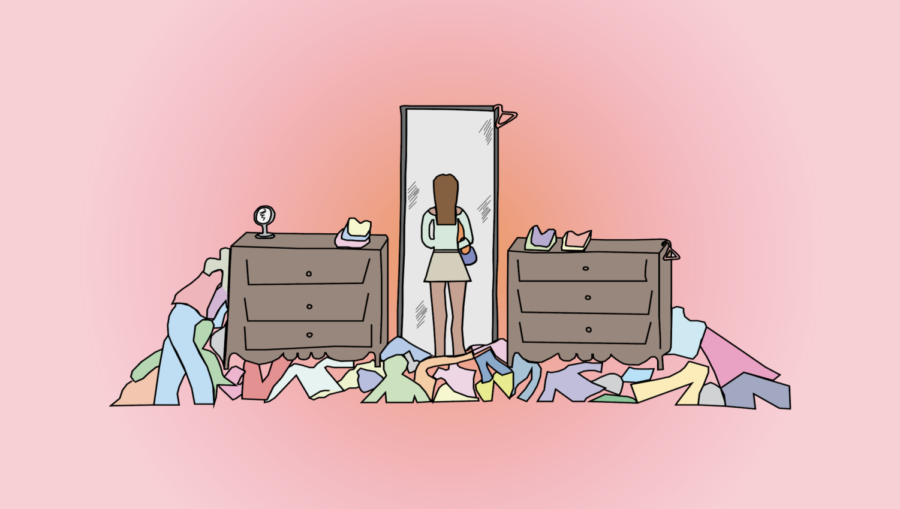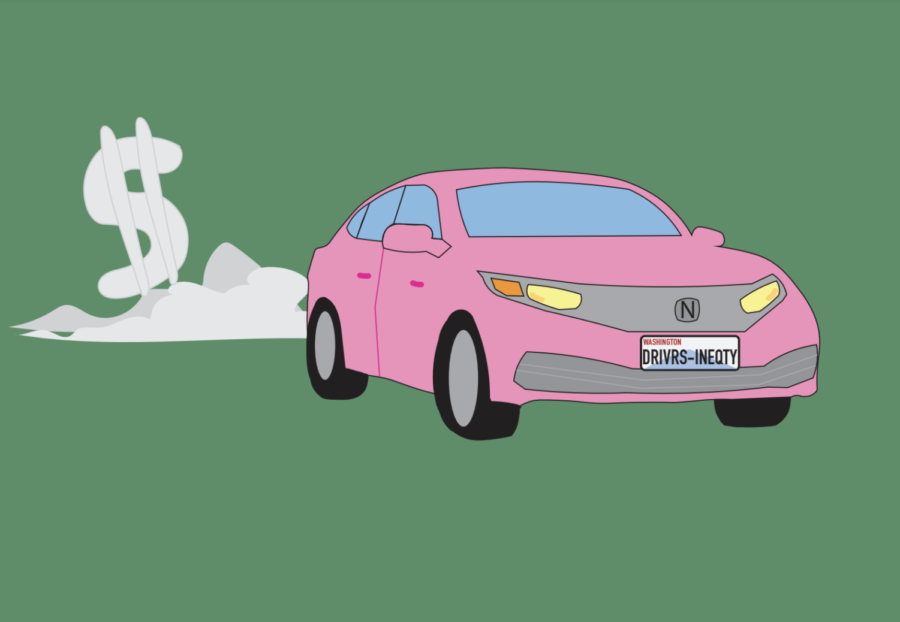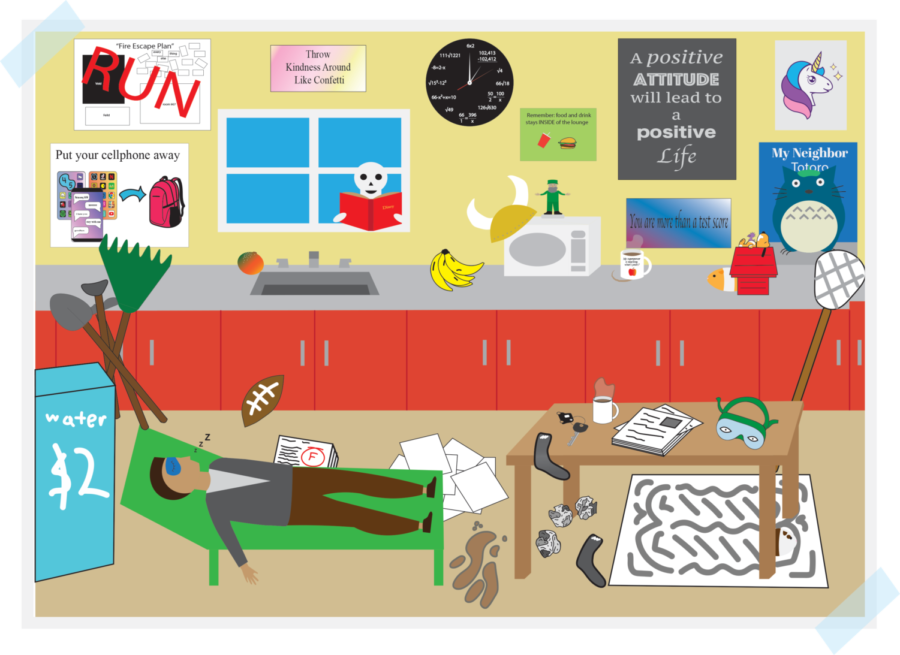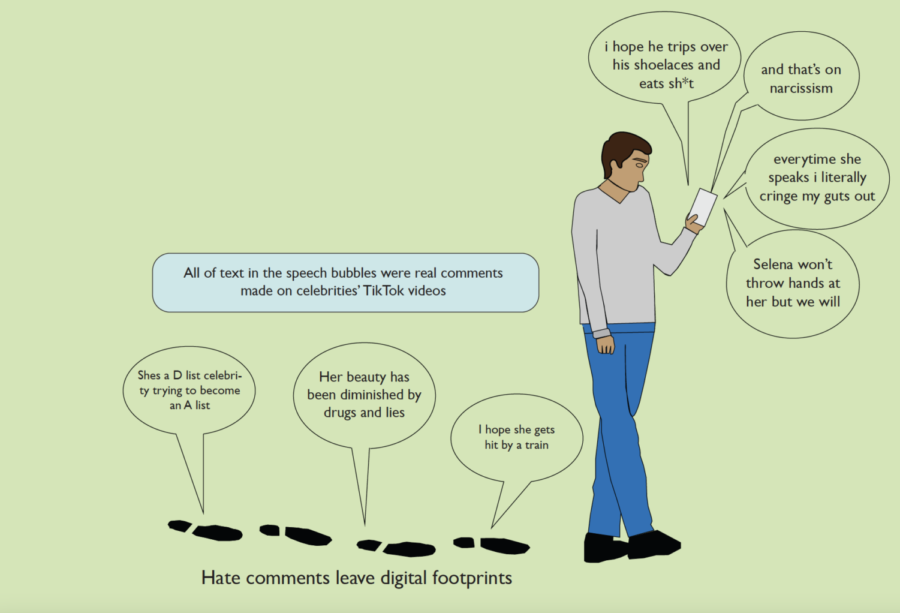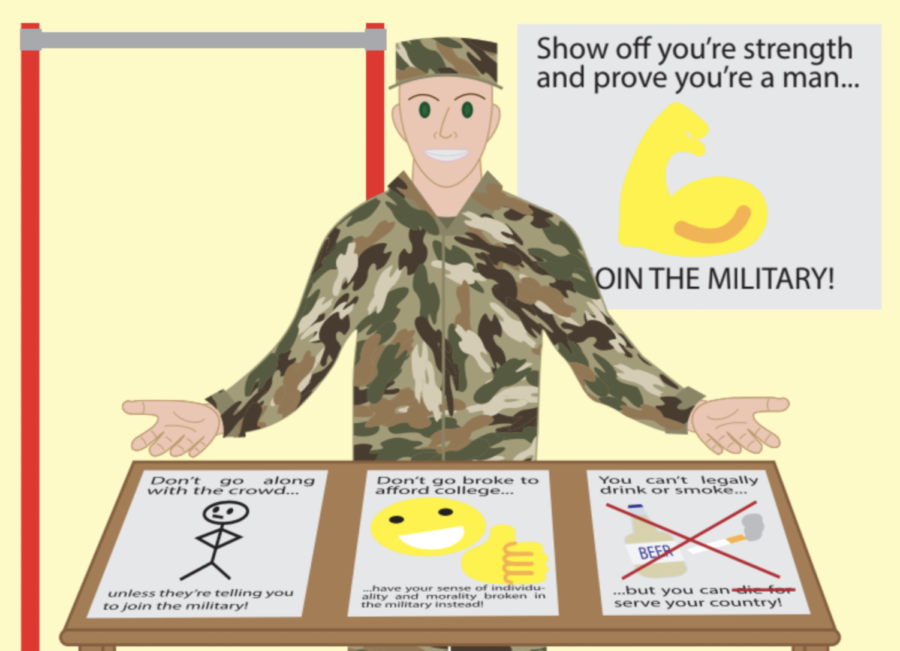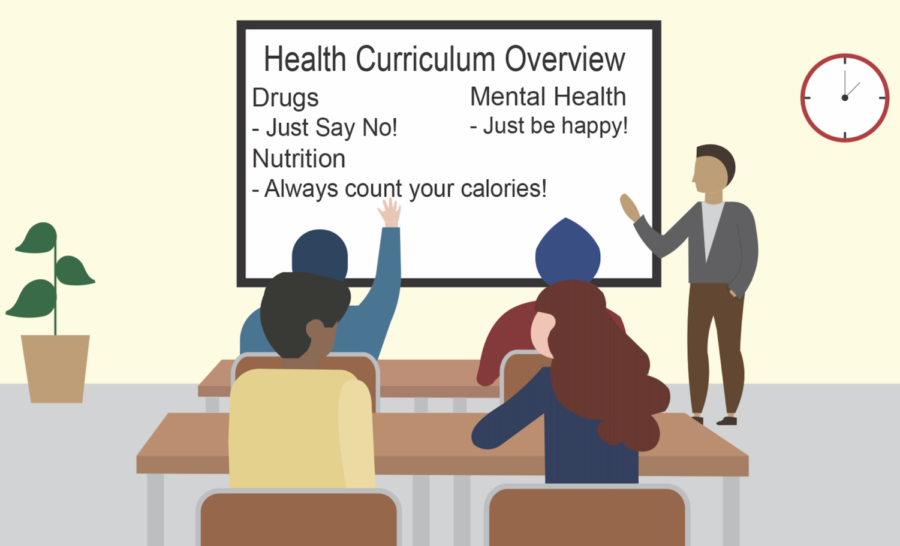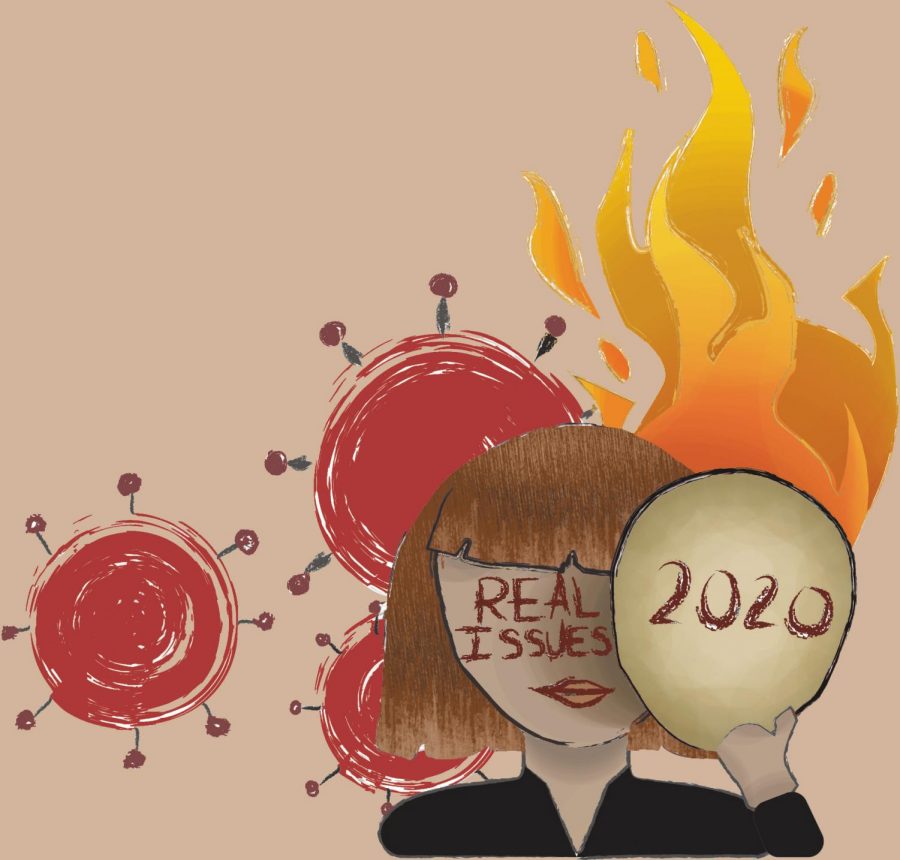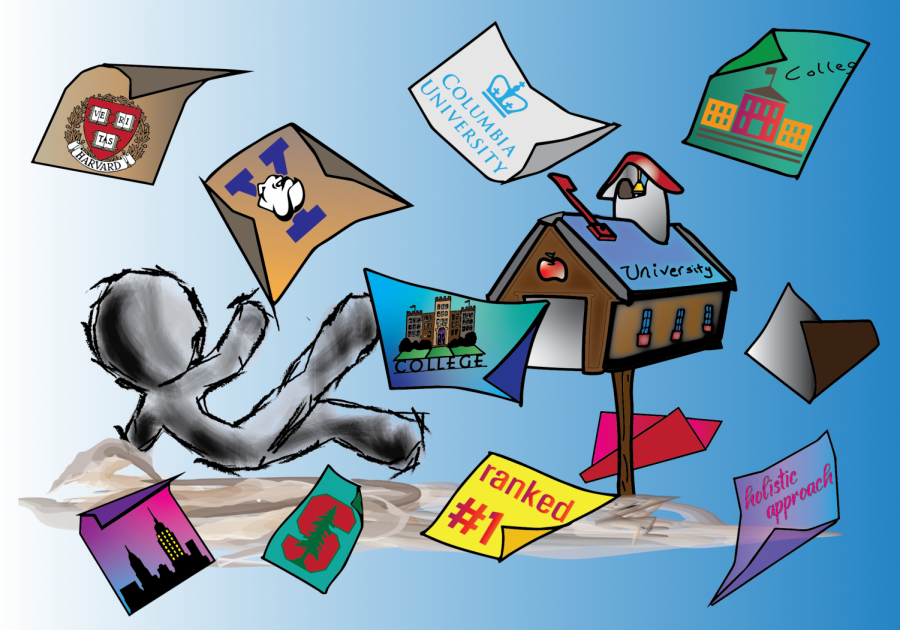With the U.S. slowly approaching 15 million cases in early December, the country’s response to the pandemic has been closely followed by the public eye. Essential workers are at the center of relief efforts and often work where they are regularly in contact with the general public. While it remains difficult to halt the spread of COVID-19, Michael Osterholm, of President-elect Biden’s Administration, has proposed a new option to reduce cases — paying all U.S. workers with COVID-19 symptoms or known exposure to stay home.
This practice has already been implemented in other countries. Beginning in March 2020, workers in countries such as Germany, France, South Korea and Denmark, have been eligible to receive payments when required to quarantine. Meanwhile, the U.S. government has not guaranteed direct support, such as mailed checks, to all people who have to take time off of work.
“A big problem with the relief response in the US is that it relies on many private sector intermediaries to deliver support to individuals, including in particular large public corporations with access to financial markets,” Anat Admati, economics professor at Stanford University, said.
This business-oriented response to COVID-19 has set the U.S. on a different trajectory than other countries. The U.S. has focused on giving money, intended to help people, to companies that aren’t required to directly provide financial relief for struggling workers. By prioritizing aid to companies over money to high-risk individuals, the U.S. neglects the financial stability that every worker should have a right to when they get sick and need to take time off of work.
To mend this shortcoming in their COVID-19 response, the U.S. government should follow in the successful footsteps of other nations and pay workers who are exposed to COVID-19 or who show symptoms to self-isolate for two weeks. This amount, received by mail or direct deposit, should be equal to the worker’s full salary as soon as they begin self-quarantining. When service workers in low-wage jobs are potentially exposed to COVID-19, the best way to ensure that the general public stays safe is to pay the worker to stay home.
Such an incentive ensures that people are not putting others at risk for financial reasons. Essential workers are typically in lower-wage service jobs as opposed to white-collar workers who generally earn more money and work virtually. Because of this, they are threatened by COVID-19 more frequently and at a higher degree of risk. In fact, a research team from the U.S. Agency for Healthcare Research and Quality found that 61% of essential workers have underlying health issues that increase the risk of having severe COVID-19 symptoms.
In addition to facing lower-quality healthcare than wealthier Americans, taking time off of work often means inadequate funds for monthly bills that, regardless of COVID-19, will pile up. From housing costs to food and daily necessities, essential workers are especially vulnerable to the financial ramifications of a COVID-19 diagnosis. Many workers will disregard symptoms and continue working in order to bring in the income they need to survive.
Paying potentially contagious people to stay home without restrictions on how many times workers can take sick leave is a guarantee to workers that the government is willing to use its power and financial resources to protect the people who are risking their health to keep essential services running. The government has a duty to put humans above profits, ensuring that safety measures are in place to protect workers during a pandemic. When essential workers are treated as expendable, the result isn’t just one person getting sick — it’s one person spreading COVID-19 to a slew of other people. Paying exposed or symptomatic workers to stay home — workers who are regularly in essential service spaces — reduces the number of other people who become infected.
This necessary component of the United State’s COVID-19 response would prevent community members from getting sick while simultaneously alleviating the financial burden that weeks of missed work has on essential workers. Amidst a pandemic, the government’s role shifts in some ways, but it remains fundamentally the same in its primary responsibility: to support individual people’s safety and security. Paying potentially contagious workers to stay home is a nationwide investment worth making.



